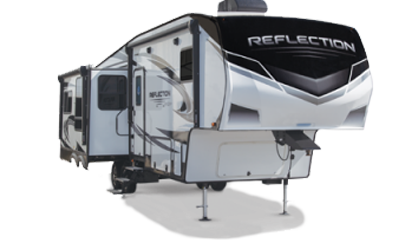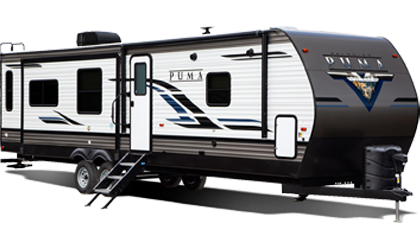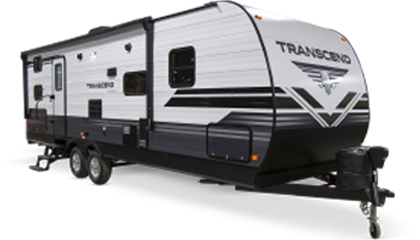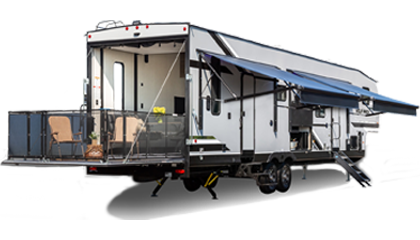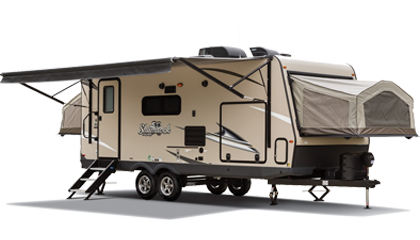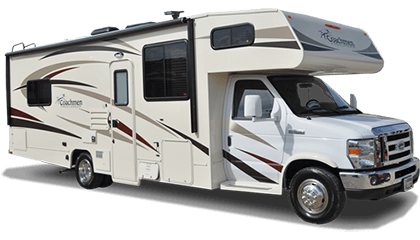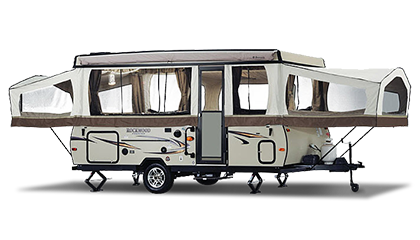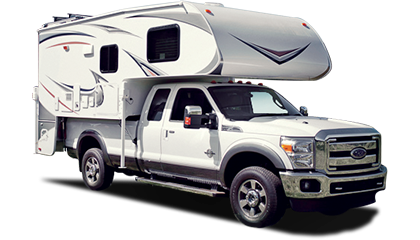RV Appliances: Gas or Electric?
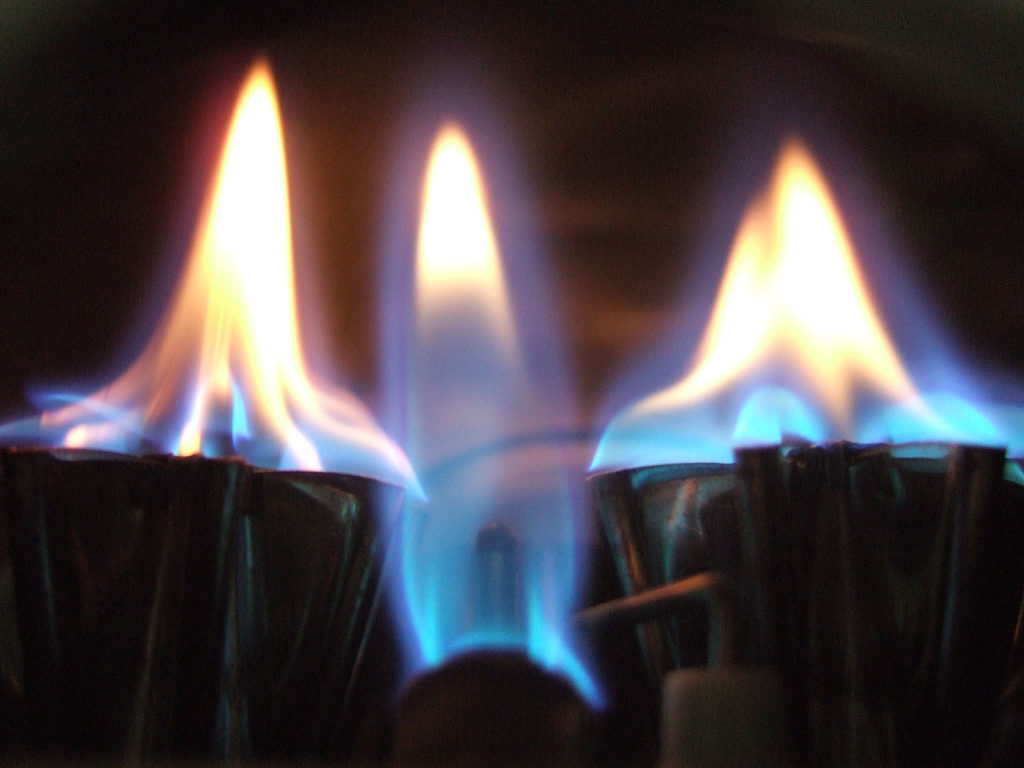
Without appliances, your RV wouldn’t be much more than a mobile rustic cabin. Need to cool some beer? You’re out of luck. Want to make your campsite neighbor a batch of your famous sugar cookies? No can do. Appliances are the lifeblood of the modern conveniences your RV offers, and smart RVers know they must be well-maintained.
Thanks to the power of liquid propane gas, even if you’re not using shore power, you can use some of your RV’s appliances and have nearly all the conveniences of home.
But how do you know when to switch to gas power, or when to keep your appliances running on electricity? The answer may not be as clear as you think.
ALL ELECTRIC VS. ALL GAS
While some appliances in your RV have the luxury of running off of both gas and electric, but many of your key appliances do not.
Your RV’s air conditioning system, microwave, television and cabin lights – among others – use exclusively electric power. You can operate these off of shore power, or, if you’re boondocking, your RV’s internal 12-volt battery can help out as well.
And, on the other hand, there’s appliances that run exclusively off gas: your stove, oven and furnace, among others. Since these are powered off of liquid propane, you can operate these so long as you have enough gas reserves to do so, boondocking or not.
TWO-WAY POWER
In most RVs, there are two appliances that can run off of both electric and gas power: your hot water heater and refrigerator. With this two-way power, savvy RVers can regulate the amount of power and gas used in order to keep levels from dipping too low.
Largely, knowing whether to use gas or electric depends on shore power. If shore power is included in your campsite, it makes sense to just use electric, so long as your air conditioner, lights and TV aren’t taking up all of the available amperage. (Most shore power is 30 amps. Don’t go over the amount of amps your shore power can handle or you risk blowing a fuse!)
But when you’re boondocking, electric power is more scarce than gas. Therefore, you should power your fridge and hot water heater with gas instead of electric.
If you’re granted the luxury of plenty of gas and shore power, consider switching between the two. Hot water heats up faster with gas – and recovers faster after use with gas – but maintaining the water heat is best done with electric. Same goes with your fridge: getting all of your drinks cold is best done with gas power, but electric power keeps it cold.
Switching between electric and gas power is a luxury that crafty RVers can take advantage of to balance their available resources. And it’s something you can do too!
Photo courtesy liopic

